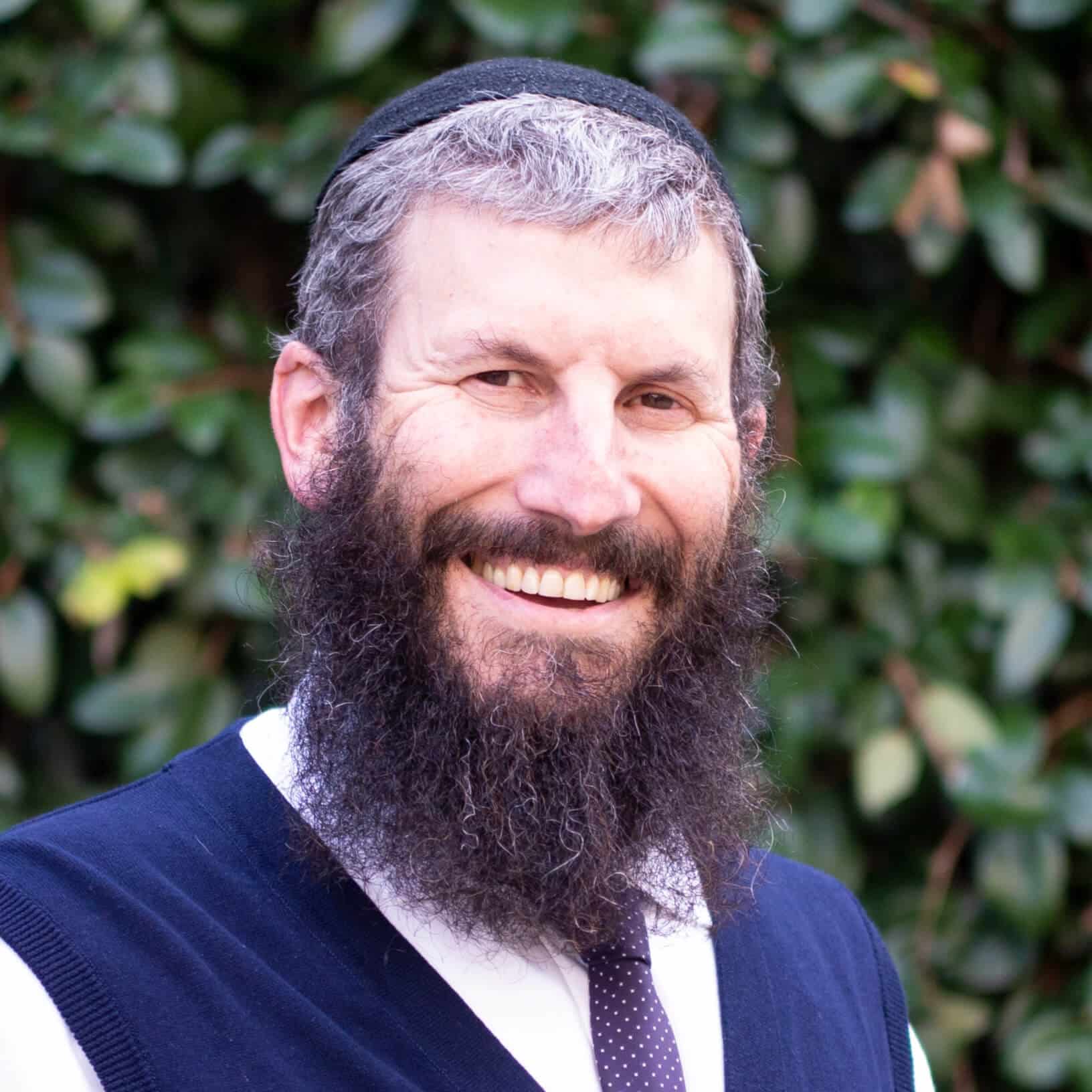Jewish communities might be fighting about fair access to the Kotel, but what is missing from the discussion is Jewish use of holy places in Jerusalem. The Muslim Waqf and the Palestinian Authority’s opposition to the Kotel compromise demonstrates their intense racism. Instead of infighting, the Jewish community needs a bold and unified approach regarding access to the holiest Jewish sites and exposing injustice.
A newly released compromise for access to the Kotel calls for development of the Southern part of the Kotel wall for the creation of a mixed prayer area. The plan faces many hurdles. However, it is considered by many to be a fair solution to what seemed not long ago to be an intractable situation. Hopes are high around the world that those who most vehemently seek representation of their religious beliefs, and respect for their prayer choices at the Kotel, will accept the plan.
Even if there is a brokered settlement between opposing Jewish factions, there is a fundamental and historical challenge ahead. The most contentious front against the compromise at the Kotel will be from the Muslim Waqf and the Palestinian Authority which regularly launch protests against any development of Jewish access to places near the Temple Mount.
Jews may be able to reach a compromise, but the Waqf and the PA will not. The PA and Waqf will wage an international campaign claiming Jews are trying to destroy the Temple Mount just as they have alleged in the past. Whatever solution is eventually created, the Waqf and Palestinian Authority will decry it as encroachment on Muslim holy sites.
PA religious affairs minister ” target=”_blank”>were met with intense racism, cries of “Allah hu Akbar,” and harassment when they tried to visit the Temple Mount.
“You don’t have to send delegations to Hungary to witness raw antisemitism,” said Frank Dimant, a man known for diplomacy and moderation, “Jews are treated as second-class citizens in the Jewish state.” Ironically one of the leaders of the mission to Israel, Eric Bissell, president of B’nai Brith Canada, was also a delegate to the Global Forum on Anti Semitism taking place that same week in Jerusalem.
The problem of Jewish access to the Temple Mount is of paramount importance to the future of Jewish access to other holy sites of Jerusalem some of which, like the Temple Mount and the Kotel, are clearly outside of pre-1967 borders. A future Palestinian State might make Jewish prayer there illegal. Successive Israeli governments have refused to address this racism over desires to avoid a provocation. The Kotel compromise negotiations have drawn this conflict out in the open and presents an ideal opportunity to bring to the world’s attention the intense racism of the Waqf and PA.
The Israeli position could be spelled out clearly for the West:
Israel seeks to provide all their citizens freedom of religious practice— something that the PA and Waqf are clearly against. Israel stands for tolerance of different religious beliefs and unhindered religious practice. Religions can live side-side and Muslim and Jewish worshippers deserve equal access to the Temple Mount. Israeli proposals could include a Jewish prayer area which does not encroach upon the two mosques on the Mount.
The promised outcry from the PA will present the Jewish community with the undeniable fact that they do not control the destiny of their holiest places.
If the Waqf and the Palestinian Authority succeed in making those hard won plans for compromise and fair access to the Kotel obsolete through their threats of violence, the Jewish community in America, and Israel will face a serious test.
Therefore it is in Jewish and Israeli self-interest to reach a compromise over prayer at the Kotel. Israel and Jewish communities abroad need to stand together in solidarity to ensure fair access to the all Jewish holy places like Hebron and Rachel’s Tomb, rather than be bogged down in intense infighting over mixed prayer at the Kotel. Energy needs to expended upon fair prayer and fighting racism not denominational antipathy. Dueling over who decides what is authentic prayer distracts Jews from historic milestone of unfettered access to the Kotel denied for so many generations by successive occupying powers. It was not so long ago that no Jew could pray at the Kotel at all.
The debate must be change from the narrow question of fair access to a universal one – from “who prays where” at the Kotel, to “who prays where” in Jerusalem.






















 More news and opinions than at a Shabbat dinner, right in your inbox.
More news and opinions than at a Shabbat dinner, right in your inbox.